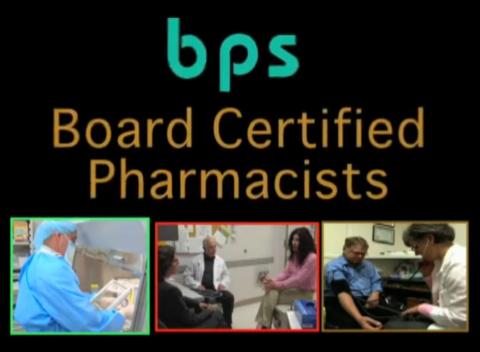Rejection Can Be a Good Thing
/Have you ever thought of rejection as being something that can be utilized for greatness? While no one actively enjoys rejection on the job or in life, it is at least something that can propel you to another level in how you view its role in your expertise and willingness to continue moving forward despite what is usually considered a personal failure with the usual negative results.
Usually when most people face rejection the first impulse is to withdraw and criticize the methods; however, what if we turned it into an opportunity to learn? What if we sought out opportunities to be rejected to learn how to minimize the emotional reaction and criticism and turned it into something else?
Take for example the issue that comes up with a medication where you have to make the phone call to the prescriber about a prescriber’s choice in medication. How does a pharmacist approach it to not look like someone who is pointing out mistakes the prescriber made and at the same time can convince a change if you really believe it? I hear pharmacists in the field make comments about physicians’ personalities and how one physician always says no to any recommendation and another physician is just plain “not nice.” What one pharmacist may think as “not nice” another pharmacist may interpret in a different way. Hospitals many times are using clinical pharmacists to manage medications with a cost savings plan in mind and that aspect can sometimes clash with what the prescriber believes when medicine was more of an art and less money, or it could mean that the pharmacist is bringing a valuable piece of knowledge to the table that the prescriber will appreciate. Whatever the reason, learning how to approach the physician and using it as an opportunity to improve the approach and delivery can make rejection turn into a positive rather than a negative.
Overcome the fear of rejection: One of the reasons why we have such fear of rejection is that we take rejection personally. Rejections are not personal. The prescriber or manager did not reject YOU but the proposal or effort was rejected. Of course rejection should not make you feel less, but it somehow can. Don’t let it, dive in and ask why the recommendation isn’t accepted, move on. The more you ask and are rejected (or accepted!) the less it will sting. If a pharmacist can learn how to detach emotions from the results, whether a yes or a no, it will help gain real confidence in the face of possible rejection. Building a relationship with the prescriber by actually being physically on the floor and picking up the phone helps as well. Leaving a note on a chart doesn’t help build a relationship and can easily be ignored but asserting yourself helps not only improve your relationship with the prescriber but also gives the prescriber a chance to hear and respond in real-time to a request. And the more you are rejected, the less it will sting and in the meantime the prescriber is getting to know you better.
What if a prescriber responds with a no? What if you asked the right questions to find out about the no? You could learn a lot as to why your idea to change something was rejected or you could just learn it is the prescriber’s prerogative. If all of this is handled well, you could use that no to help build a relationship and eventually trust.
This is a study that reviewed inpatient pharmacy recommendations and their acceptance rate. Perhaps if we focused a little more on approach and building a relationship with the prescribers, the number of acceptances would increase and make more of a difference. In the meantime, don’t let a rejection keep you from asking and asking well. Those rejections help teach you how to handle rejection better which could be the very thing keeping you from excelling as a clinical pharmacist.










